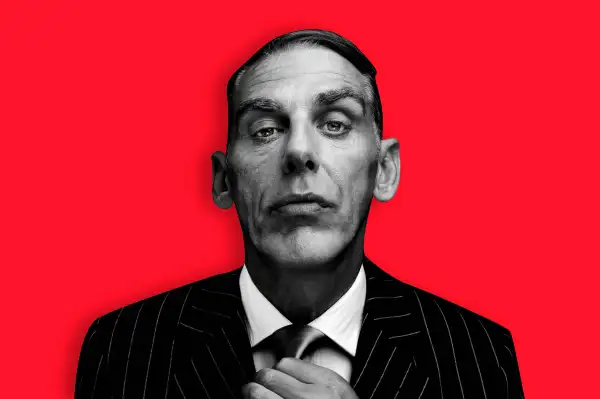A Third of People Making More Than $100,000 Think They’re Underpaid, According to New Research

You think it as you drag yourself out of bed every Monday, grumble it under your breath at annoying meetings and message it to coworkers behind your boss's back: "I don't get paid enough for this."
But even if you were, chances are you still wouldn't think your salary was high enough.
According to a new survey of 2,800 U.S. workers released Tuesday by staffing firm Robert Half, 46% of respondents said they were underpaid, including 37% of respondents who earn more than $100,000. Yes, you read that right — a third of people who already earn six figures want bigger paychecks.
The median household income is $59,039, or roughly half that, so the stat may seem ridiculous. But according to Steve Saah, the executive director for Robert Half Finance and Accounting, there are a few solid reasons that making more than $100,000 a year just doesn't cut it for some.
The most simple? Human nature.
"We probably all think in some way, shape or form that we naturally deserve to earn more than we do," Saah tells Money.
The survey comes at a time when unemployment is low. Earlier this month, the Bureau of Labor Statistics pegged the national unemployment rate at 3.9%, only slightly up from an 18-year low achieved in May. Saah points out it's even smaller among college graduates over age 25 (about 2.1%), as well as in high-paying fields like finance and law.
That means supply and demand is in workers' favor — especially if they're in those specialized jobs. People know companies are willing to pony up to attain and retain talent, so they're more confident in their worth.
"A lot of people are getting opportunities put in front of them, whether that's advertising from organizations, seeing jobs posted, or getting calls from recruiters," Saah says. "There's a natural feeling that a person can go out and get a higher-paying job if they choose to."
At the same time, many six-figure earners are living in expensive places. For example, if a person has a high-profile job in technology, they're likely to be located near San Francisco. They're close to headquarters for companies like Google, Apple and Facebook, but they're also shelling out an average of $3,500 a month for rent.
When inflated costs for things like child care are tacked on, six-figure earners start feeling the strain. As of this summer, four-person Bay Area households that earn up to $117,400 a year are classified as low-income by the federal Department of Housing and Urban Development.
"It's not the same as making 100 grand in a smaller city with a different quality of living," Saah says. "That six-figure income, while on paper it looks fantastic, may not necessarily translate into what they might expect their standard of living might be."
Not to mention that there's a general disagreement about what makes a person wealthy in the first place. The Brookings Institution found that nearly half of people who pocket $100,000 a year or more say they'd need to earn $500,000 in order to be considered "rich."
Plus, there's more to a job than just cash.
Employers are increasingly adding work perks to compensate people beyond their salaries, offering various types of insurance, flexible schedules and even "fur-ternity" leave (like paternity leave, this is paid time off for when you get a new pet). Company culture is becoming increasingly important at places like at Netflix, where the vacation policy is "take vacation," and Pricewaterhouse Coopers, which gives employees $1,200 a year to help them pay off student loans.
Though the survey didn't tap into this aspect of compensation, Saah says all of those factors should be considered when someone's thinking about their pay.
"Employees may feel as though they're underpaid, but the bigger question is what are they looking for in an opportunity, and is it checking the right boxes for them?" he says.
